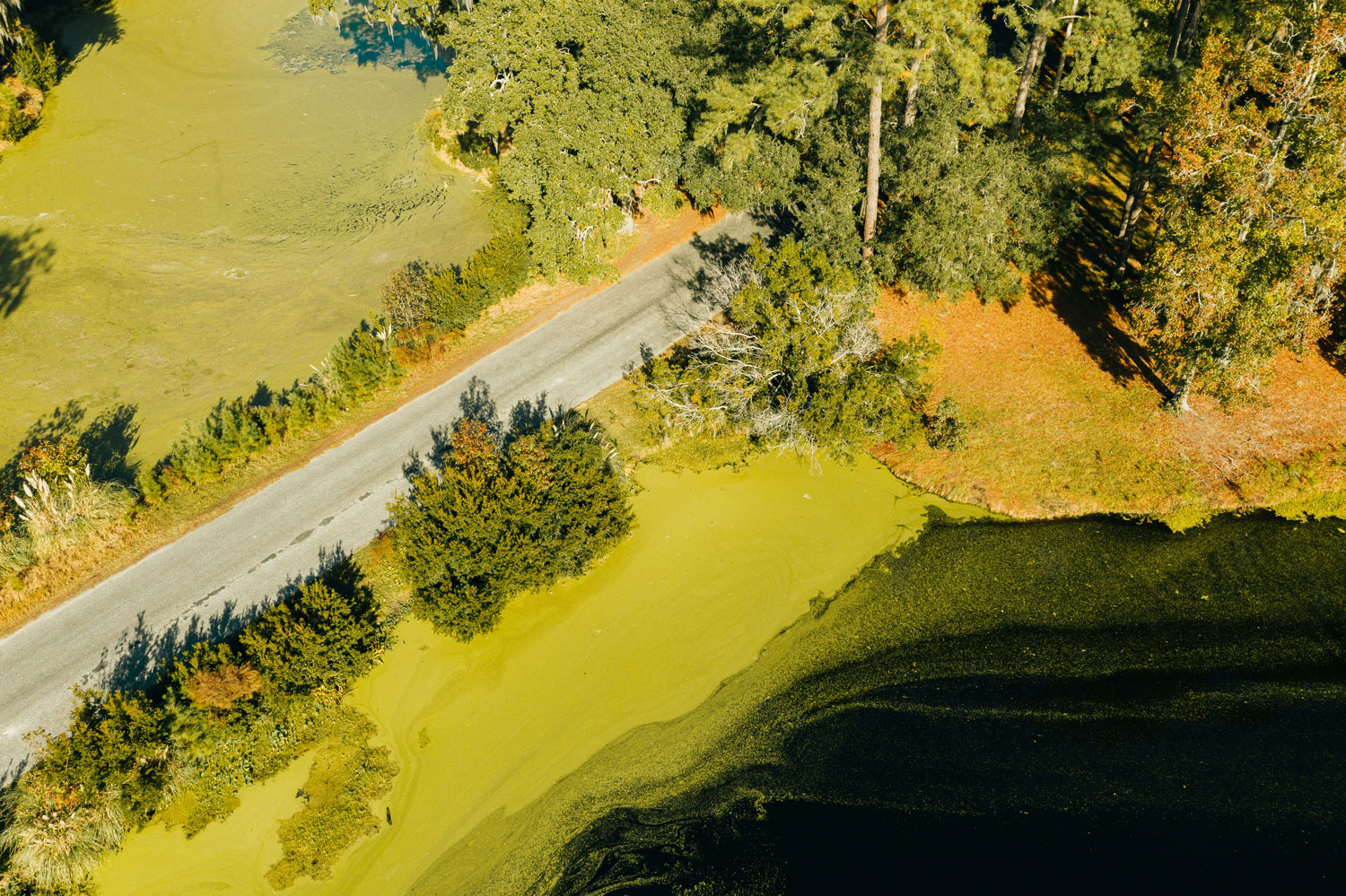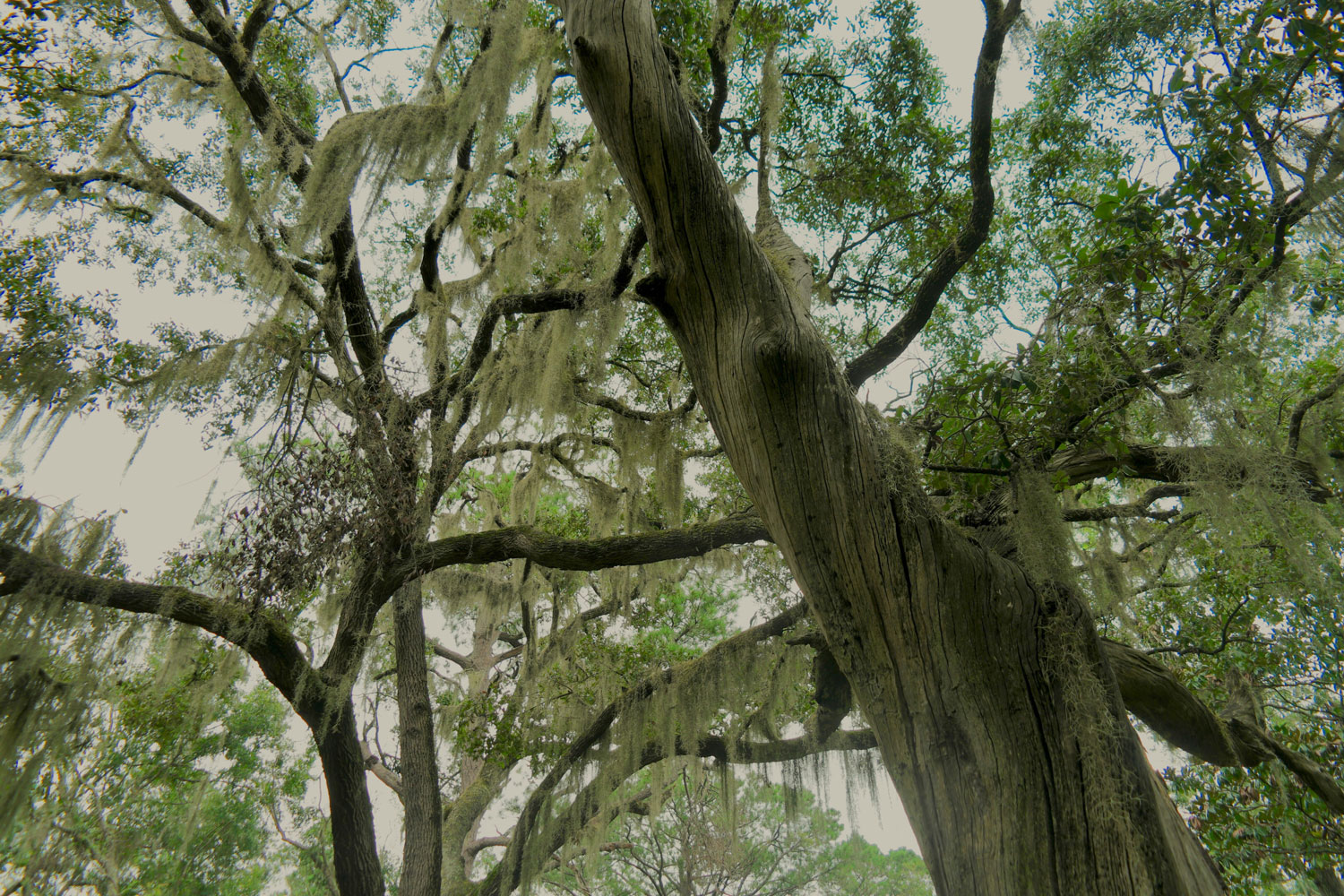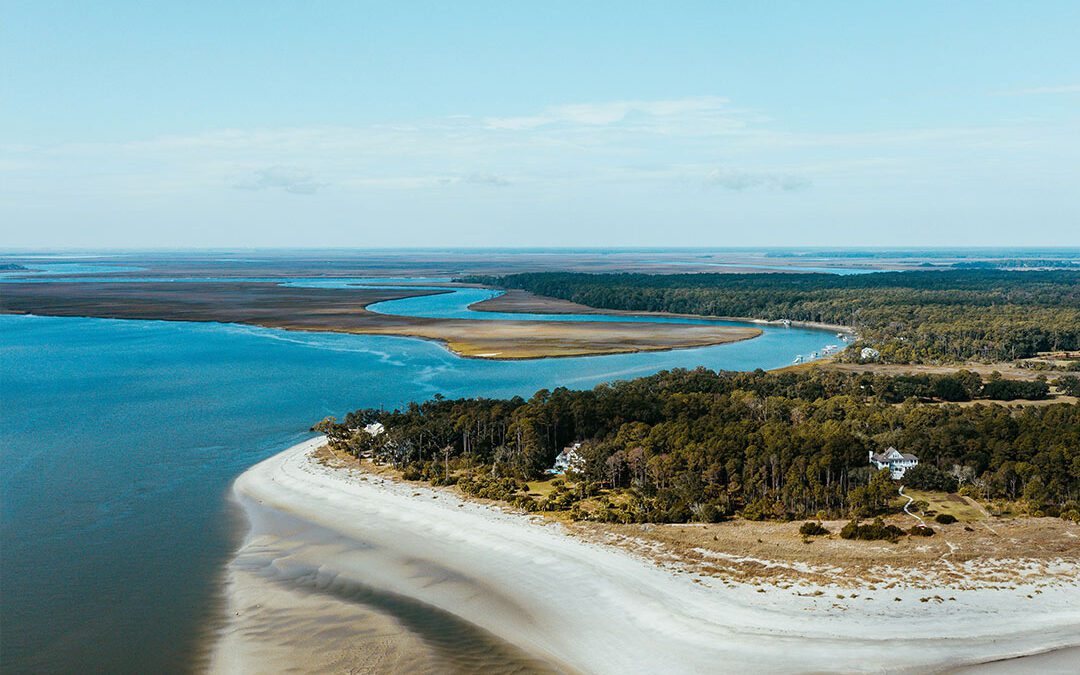Forget about deer stands,” he said. “Just boost your woman high up in a live oak late in the afternoon. That way you’ll know she’ll still be there when you come to fetch her home after sunset.”
We were on his front porch, out of the wind on a chilly afternoon, easing our minds in two rocking chairs. The sun was slipping off toward Savannah, the oaken overstory fracturing the light. A splintered beam caught a cube in his whiskey, threw a brief rainbow of perfection.
“And you can forget about throwing down corn bait.” He raised his glass and winked. “Save your corn for this. The deer will come for the acorns. You just stay home and sharpen the knives.”
Bacon, beans and kerosene in those days and the venison, shrimp, oysters and fish.
Wisdom from the departed Robert Lancy Burn, blue water sailor, CIA man, potter, poet, patriot, hunter, fisherman and dearest friend. Generations spring up and are cut down like grass, the Good Book says.
Seven years my senior, he was gone off to the Army when I was a kid, but I knew his little brother and his momma took care of me when I was a boy. His grandfather, Arthur Ashley Burn, was a friend of my grandfather’s and keeper of the Bloody Point light, the first of many men to get me drunk. I got a better head start than most folks as I was only 10 years old at the time.
More about that after a bit.
Some called him Lancy, but I called him Bobby. He learned to fix helicopters in the Army, then signed on with Air America, the clandestine CIA airline flying under the radar into Laos and Cambodia. In those boom years of “explosive growth,” Air America was the fifth largest airline in the world.
Two tours were a generous plenty. Fine print on the bottom: Upon the expiration of this contract, you will be flown to any airport in the world where it is legal to fly you into.
The “company” flew Bobby to Copenhagen where he bought a 28-foot Great Dane sloop, Blue Gypsy. And then he sailed her home to Daufuskie.
Solo.
Guts like that are deep in the blood. His daddy, Sergeant Lancelot Burn, won a bronze star in the Battle of the Bulge for braving machinegun fire to haul wounded men off a contested bridge. He would have won a silver star, too, but his captain was killed before he could file the paperwork. And his grandfather? Here is a 1910 clip from the Charleston paper about an adventure before he joined the Lighthouse Service:
“Probably 500 people have visited the yard at 20 Ashton St. of Mr. Arthur A Burn, the popular assistant to forecaster Grant of the weather bureau to see the alligators which measure a total of twenty-five and a half feet. These monster saurian were captured by Mr. Burn and his brother A E Burn in Bass Creek, Alligator Point, Kiawah. The latest addition to the alligator pit was caught on Sunday when an eight-foot reptile was dumped into the hole to fight and establish himself with his two ferocious fellows.

“The three alligators occupy a pit about twenty feet square, five feet in depth with two feet of water at the bottom. As the alligators escaped from their temporary home the other day and tried to enter the kitchen in search of food, a fence will be built around their pit to prevent further occurrences of this sort. A part of their pit caved in, affording the reptiles easy access to the ground above. They attacked a pet goat in the yard but were driven off by Mrs. Burn who armed herself with a long pole.”
The Burn brothers charged 10 cents per head to see the gators fight and $50 was a month’s wages in 1910.
The lighthouse at Bloody Point was decommissioned and Arthur Ashley Burn bought the keeper’s cottage in November 1927 on what he called “the happiest day of my life.” He taught Sunday School, was appointed magistrate and made wine, lots of wine, at the Silver Dew Winery from whatever fruit was available, wild plums, muscadines but especially scuppernongs.
You did not come to Daufuskie without a courtesy visit with old Papy Burn. There was a five-gallon demijohn of scuppernong squeezins on the kitchen counter when he turned to my father and said, “Now don’t tell me that boy of yours is too young to have a sip of my wine.”
Glugedy, glugedy, gloop, gloop, yellow and swirling and evil, like a September tornado sky, a tumbler full.
It tasted mighty fine, but they had to haul me to the pickup truck, some splayed-out old Dodge with rotten seat covers, me nose-down in the mildew.
No tale like this would be compete without a love story and this one has Miss Em. They were just teens when they met, she down from Statesboro with relatives staying at the Burn fish camp Jolly Shores, a dock, cabins, burgers, bait and brew on the island’s south end. Many years later, after Saigon and his first Atlantic crossing, Bobby got word she was holed up in some Savannah apartment, hiding from a marriage gone bad. He knocked on the door, scooped her up, threw her over his shoulder, put her aboard Blue Gypsy and they sailed away. “I was a might nervous for the first forty miles,” he confessed.

He need not have been. They were inseparable for the next 40-odd years. The couple crossed the ocean another four times with predictable misadventures, including one horrible day 600 miles off the west coast of Africa when a freak wave rolled Blue Gypsy a full 360 degrees and broke every God’s bottle of wine aboard. They wintered in the Bahamas but summered on Daufuskie Island where they operated the Silver Dew Pottery, a nod to his grandfather’s winery, producing exquisite and much sought-after plates, bowls and mugs based on pre-Columbian designs taken from shards found on Daufuskie Island, an astounding 60,000 pieces in all.
They forsook the sea at 70 years of age, hauled Blue Gypsy ashore, got chickens and a dog, built a house entirely off the grid with a solar array, battery bank and a generator that would run on used French fry oil if needed. They planted fruit trees and stocked a pond with bass and bream. They built a high board fence around the whole place and if Bobby needed venison, he’d just leave the gate open and sit on his porch with a shotgun. He bought a small trawl net, hitched it to his runabout and dragged for shrimp just like he did when he was a kid. His smoked mullet was the best on the island.
My grandfather died in 1946, a week before I was born. Papy Burn died in 1968 and the sisters sang “Swing Low Sweet Chariot” when they laid him in the ground. Lance Burn died in 1981. They buried him next to Papy and put his WWII GI helmet on his grave. My own daddy followed in 2002. And now Bobby is gone, leaving me alone to ponder these 120 years of friendship.
Bobby and Em had no children, but there is a nephew over on Tybee Island he always treated like a son. I’ll introduce him to my boy at the first opportunity and hope they strike up where we left off.
So fair winds, my brother, and following seas. My faith tells me we will meet again on another fair shore.
Amen.
This article originally appeared in the 2021 Guns & Hunting issue of Sporting Classics magazine.

